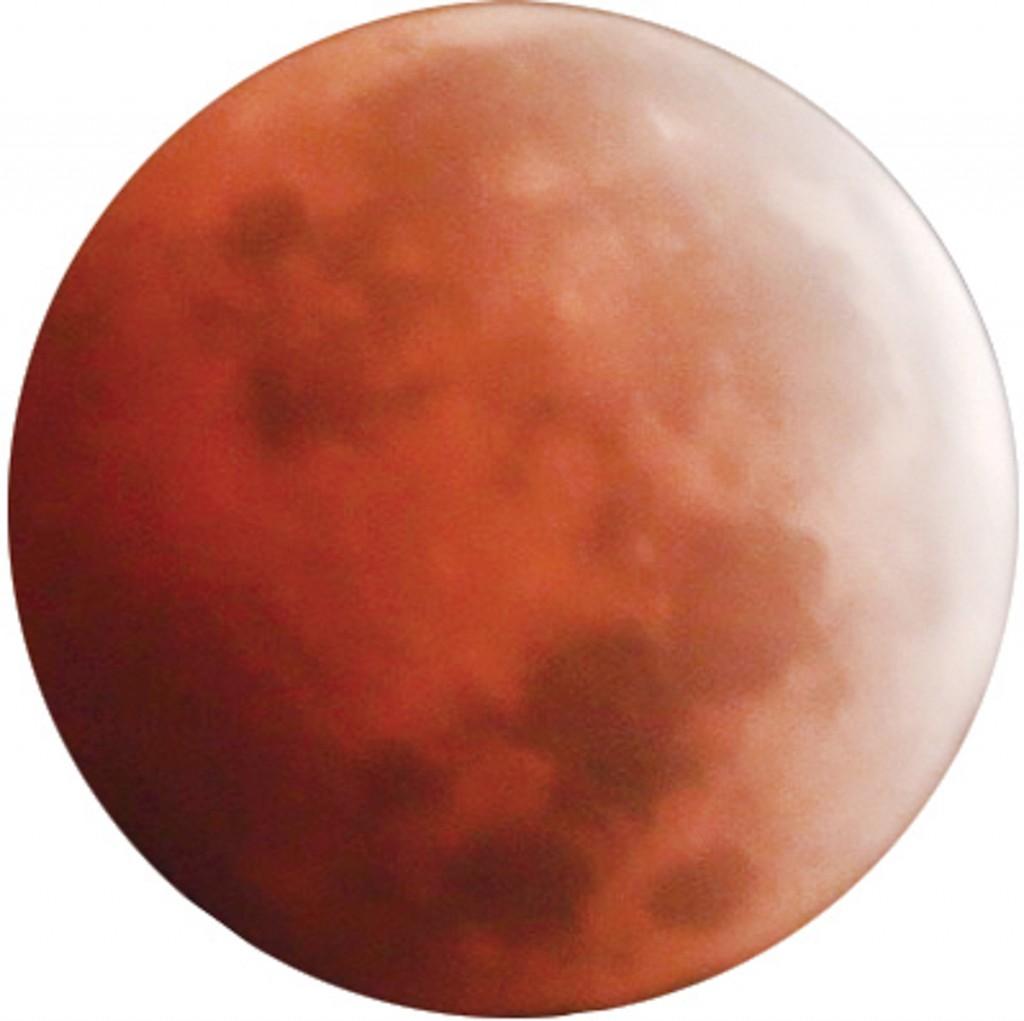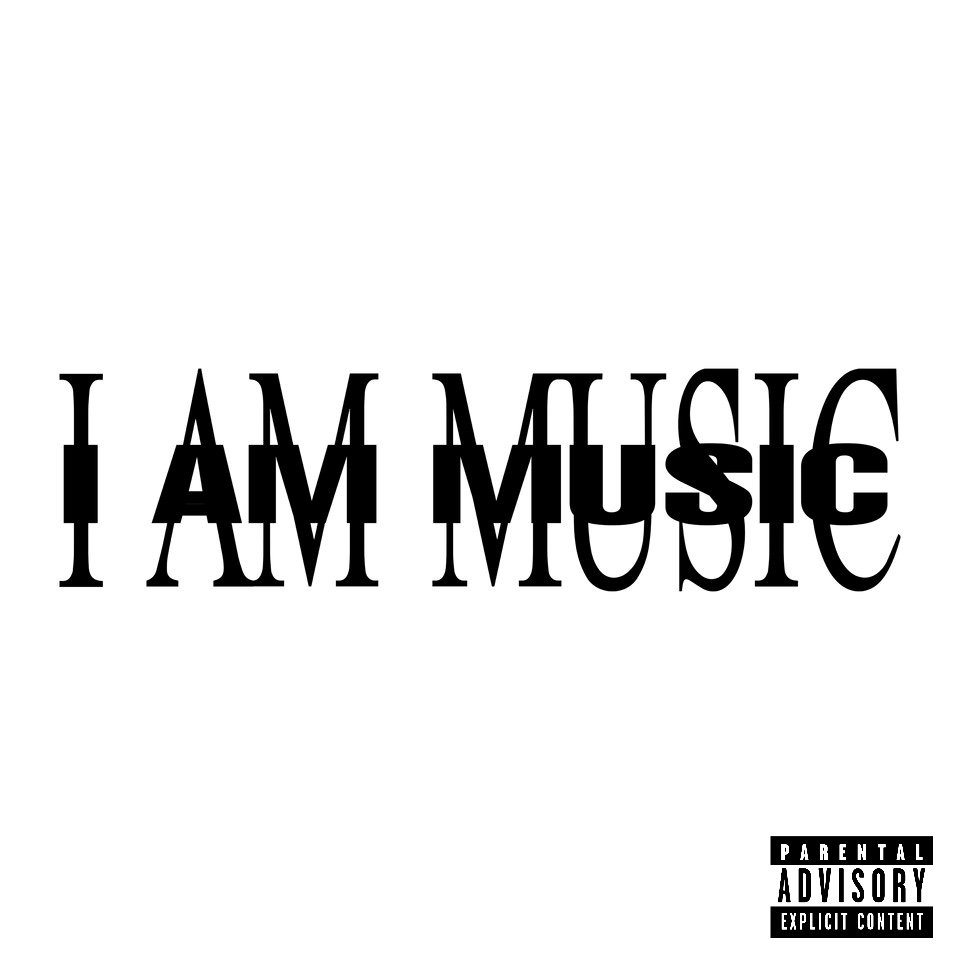By Phil Pastor
Senior Staff Writer

The crowd that had gathered at 4 a.m. outside the X Building was bustling with excitement. CBS 11 Dallas News visited Brookhaven College to view the lunar eclipse Oct. 8, along with the Texas Astronomical Society of Dallas. Despite the early hour, the theme to Star Wars played. Students were provided with telescopes and binoculars to observe the transformation of the blood moon. But something made this eclipse unique in comparison to previous blood moons.
“The moon is not looking like a bright red or orange,” Anahita Sidhwa, Brookhaven physics and astronomy professor, said. “This moon is different. It’s looking more dark, like a dull red.”
Sidhwa said a lunar eclipse occurs when the moon reflects the sun’s light, giving the moon a red hue. “During this eclipse, the moon is entering through the shadow of the Earth,” Sidhwa said. The reflection of the sun as well as the atmosphere of the Earth determine the hue.
Brookhaven astronomy professors Sidhwa and Chaz Hafey planned the observation of the lunar eclipse as an extra astronomy lab activity.
Exercises included learning to estimate the distance to the moon using one’s hands, determining the direction to follow when stranded and identifying certain constellations. Students and guests alike were welcome to learn about the night sky. “I have always looked at the stars. It’s been an interest of mine, but I never realized the amount of movement in the sky,” Brookhaven student Andrea Lara said.
“We woke up at 3 a.m. anticipating this moment,” West Mesquite High School student Jacquelyn Areano said. “It’s different when you actually see and take a picture of it.” There were a few, such as Areano, who visited Brookhaven to view the lunar eclipse for the first time.
“The next eclipse is on Oct. 23,” Hafey said. Except it will be a solar eclipse, which astronomy students, fellow Brookhaveans and the general public will be able to join. Telescopes and binoculars will be fitted with solar filters, allowing safer observation of the eclipse. The next lunar eclipse and watch event will be April. 14 of next year.
“We have not had a [lunar eclipse] in a while,” Sidhwa said. “Suddenly we have a feast after the famine.”






